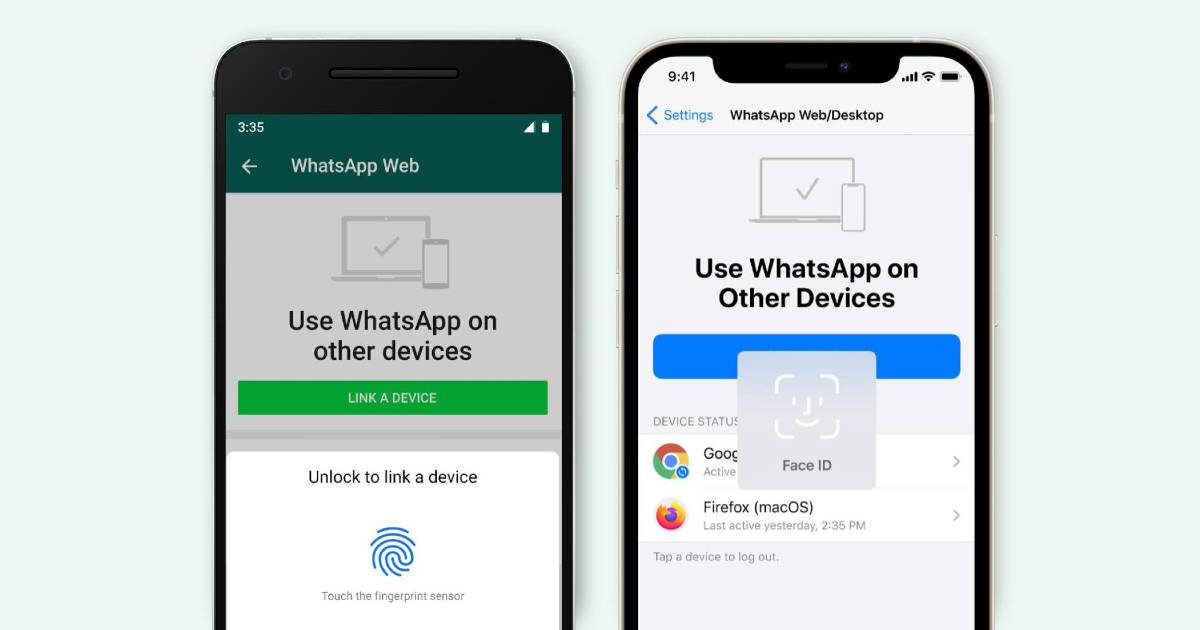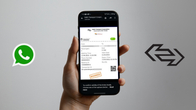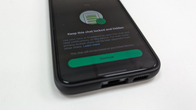Also read: Telegram update: How to move WhatsApp chats to Telegram
Today we’re starting to roll out a new security feature for WhatsApp Web and Desktop: face and fingerprint unlock when linking devices.
— WhatsApp (@WhatsApp) January 28, 2021
WhatsApp does not see your face or fingerprint data.
Chats for your 👀 onlyhttps://t.co/qR3zsexzfj pic.twitter.com/Ei5G35MPpA
How to log in to WhatsApp Web or WhatsApp Desktop
Following the new update, here’s how you can log in to WhatsApp Web/Desktop:
- Open WhatsApp on your Android or iPhone and go to ‘More options’ or ‘Settings’
- Tap WhatsApp Web/Desktop and link a device
- Follow the on-screen instruction if your Android device has biometric authentications. On the iPhone use either Touch ID or Face ID to unlock
- After the biometric authorisation, you can proceed to scan the QR code in order to sign in on WhatsApp Web/Desktop
WhatsApp says that the new biometric feature allows users to secure their chats further by adding an extra layer of security. Someone with access to your phone could, until now, theoretically run a hidden instance of WhatsApp on their devices by covertly adding an unknown desktop/browser client to a list of authorized devices. However, some older phones that do not come with biometric authentication of any sort will still remain susceptible to said vulnerability.
However, one key WhatsApp feature that is yet to make its way to the desktop client is the ability to make audio and video calls. The functionality has existed in the beta channel of the app for quite some tie and it is unclear as to why it isn’t rolling out widely. Competitors such as Telegram have let users make audio and video calls from its desktop clients for quite some time now. Given the recent exodus to Signal and Telegram, WhatsApp would do well to keep its platform on spec with its objectively more feature-rich rivals.


















